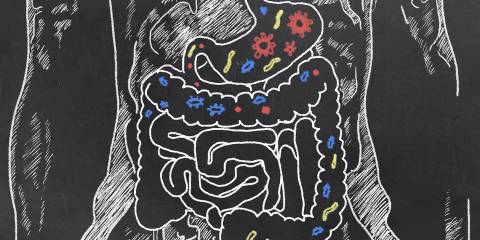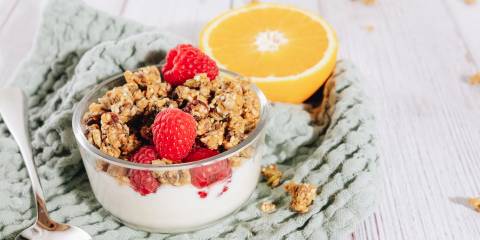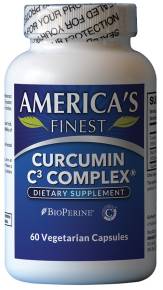The health benefits of probiotics—the beneficial bacteria found in live-culture yogurt, fermented foods, and dietary supplements—are well known.
From resolving diarrhea to bolstering immunity, probiotics contribute to health in many ways.
Not so well-known? Compounds called prebiotics.
What Are Prebiotics?
Prebiotics, dietary fibers that humans can’t digest, serve as food for probiotics. Consuming more prebiotics will contribute to flourishing colonies of good bacteria in your system.
Most prebiotics fall into the category of carbohydrates, with the main prebiotics being inulin, fructo-oligosaccharides (FOS), and galacto- oligosaccharides (GOS).
These prebiotics, when consumed in functional foods or taken in dietary supplement form, contribute to the growth of healthy bacteria in the intestines.
Benefits of Balanced Gut Flora
-
Enhanced Immunity
The common cold and similar respiratory viruses back off when faced with the power of probiotics.
One six-month study found that overweight and older adults who took a daily probiotic supplement had a 27 percent lower incidence of upper respiratory tract symptoms compared to a group that received a placebo. The most significant effects were seen in people 45 or older, as well as those with obesity.
Lead researcher Benjamin Mullish, MD, said the study provides "further evidence that the gut microbiome has a complex relationship with our various organ systems. It doesn't just affect how our gut works or how our liver works, it affects aspects of how our whole body works."
Immune function tends to dwindle as people age, yet prebiotic supplements (specifically GOS) also bolster immunity in older people.
-
Weight and Appetite Regulation
Scientists are learning that dysbiosis—an imbalance of gut flora caused by too few healthy bacteria or an overgrowth of bad bacteria and yeast—may negatively affect weight. Probiotics and prebiotics both help the gut return to a more balanced state. Appetite, caloric intake, and body mass index all tend to go down when people take prebiotics.
-
Improved Focus & Mood
A typical Western diet high in saturated fats and sugars can negatively affect the mind. This diet-cognition link is thought to relate (at least in part) to out-of-balance gut bacteria.
It may seem surprising that gut health influences mental clarity, but the connection has been well established in research. In fact, when probiotics and prebiotics get added into the diet as supplements, thinking processes can improve.
Mood receives an uptick from prebiotics, which are associated with less anxiety, depression, and stress. When healthy volunteers supplement with prebiotics for three weeks, their anxiety—as measured by cortisol levels—goes down.





